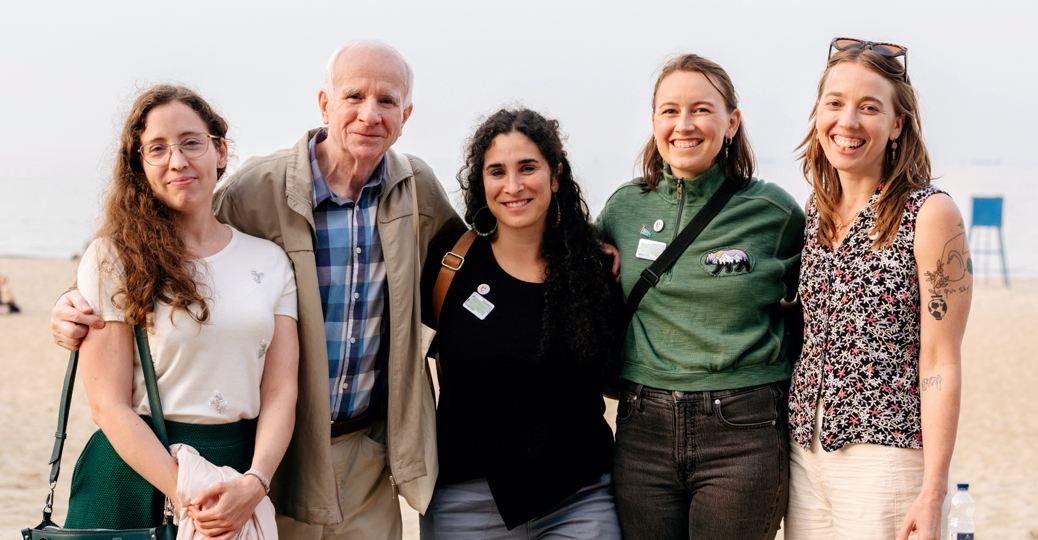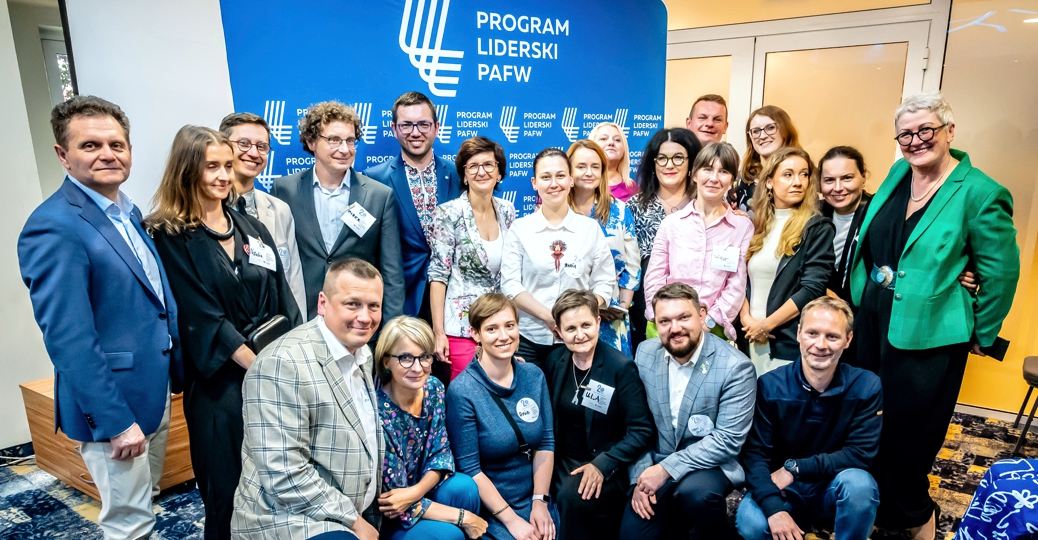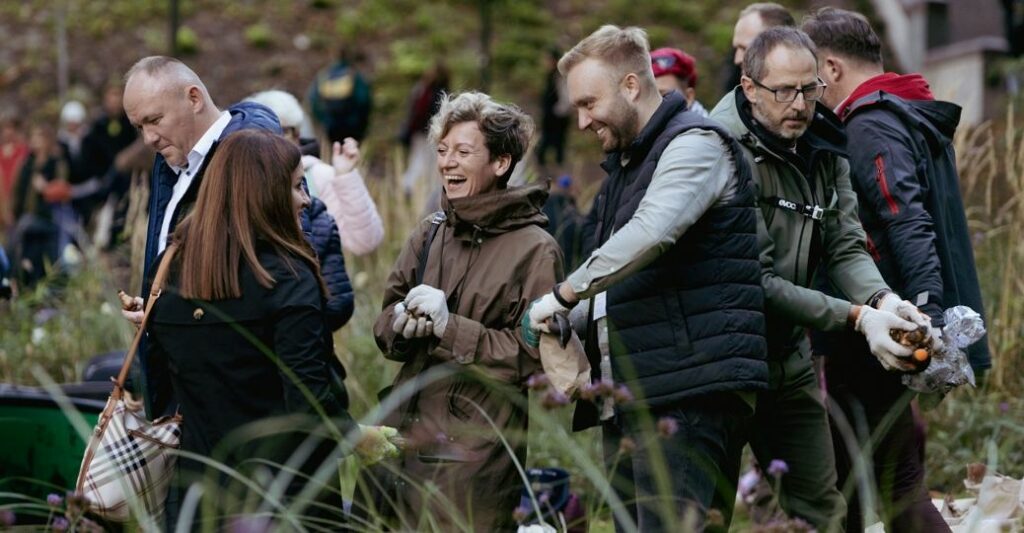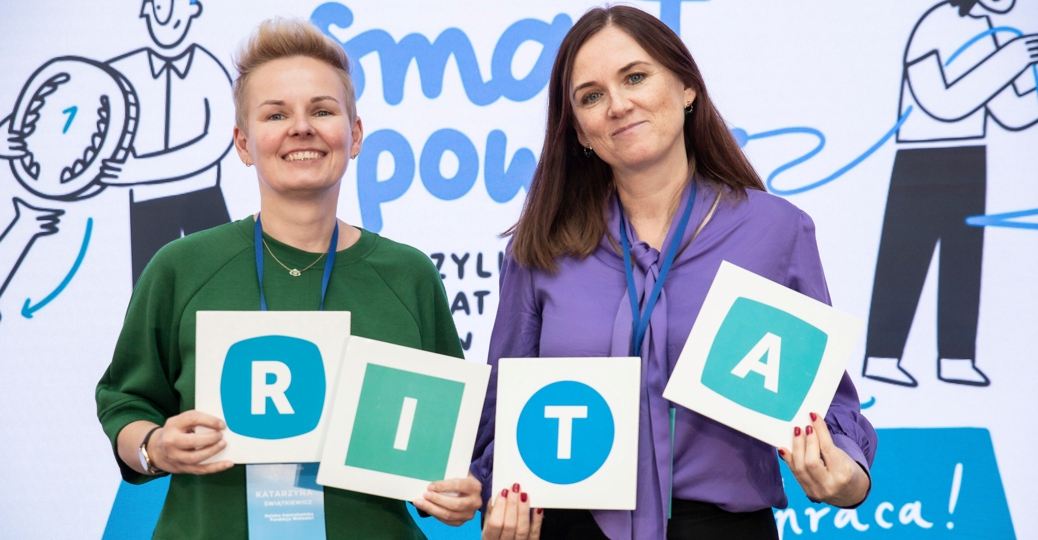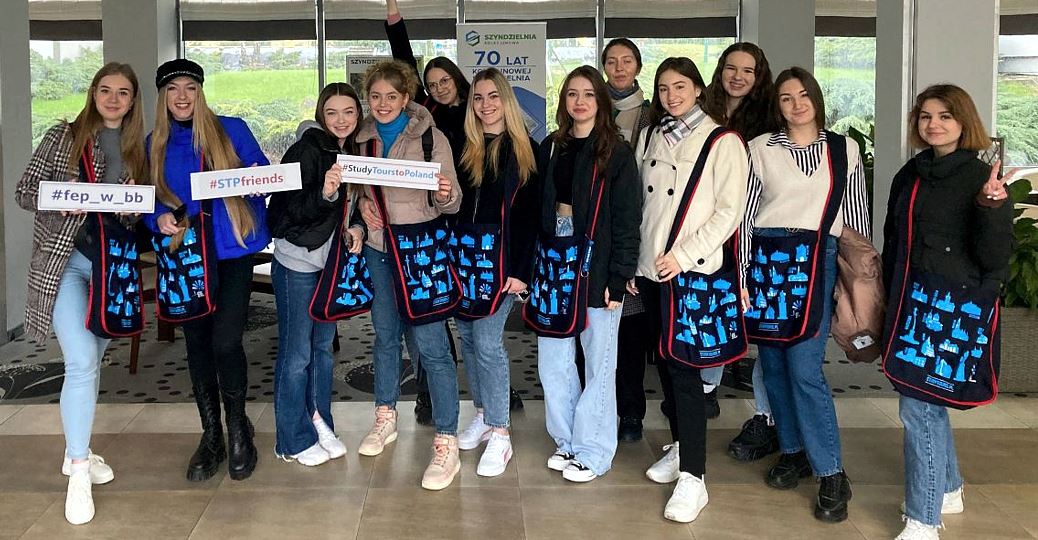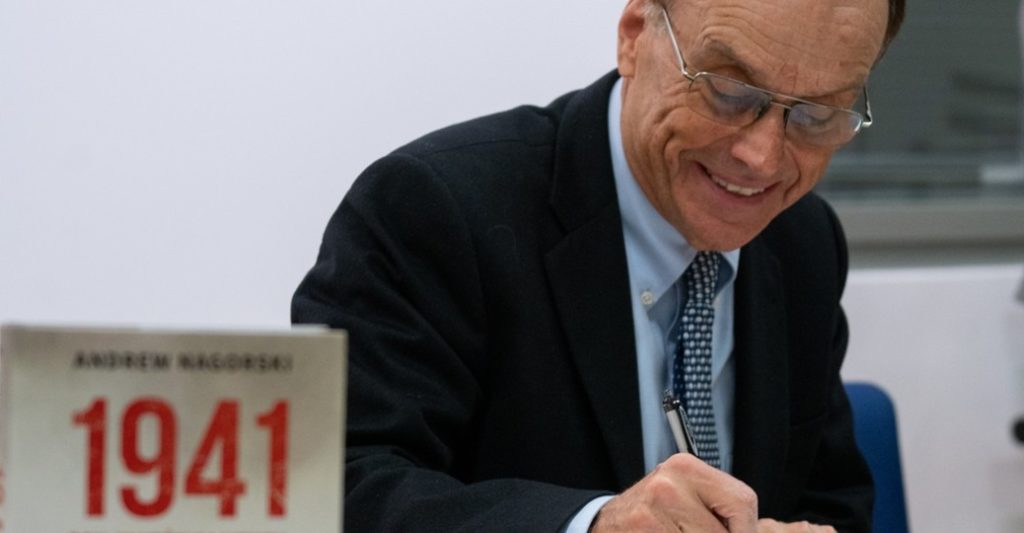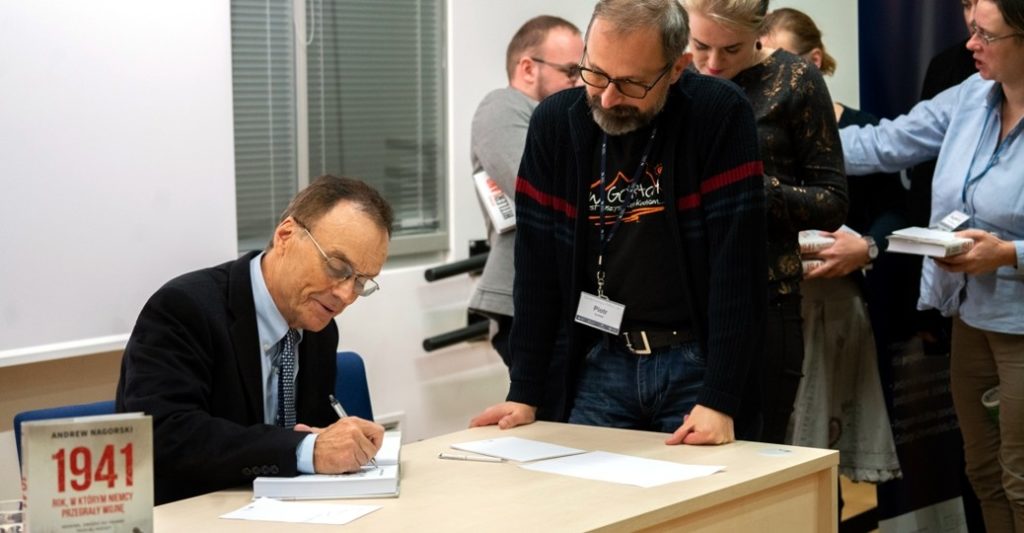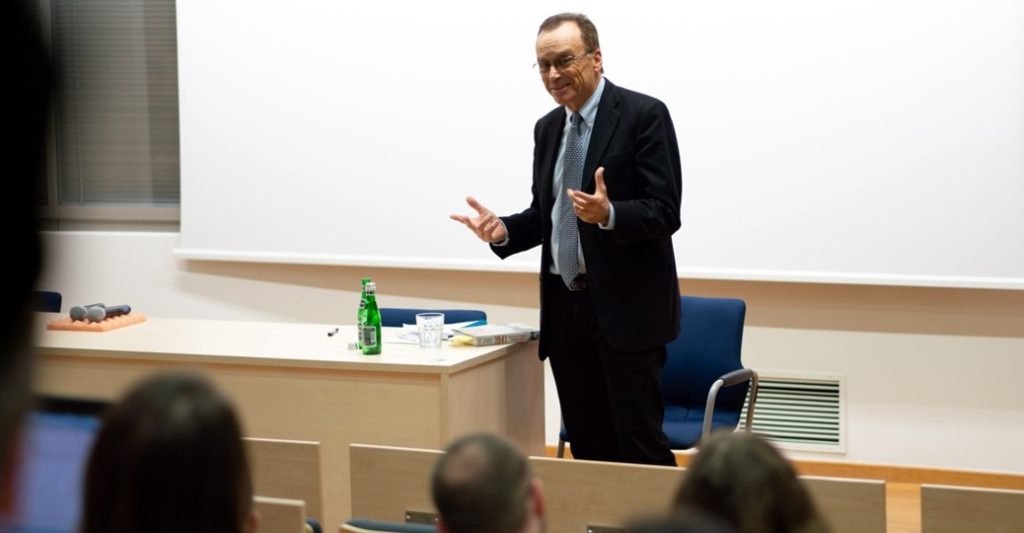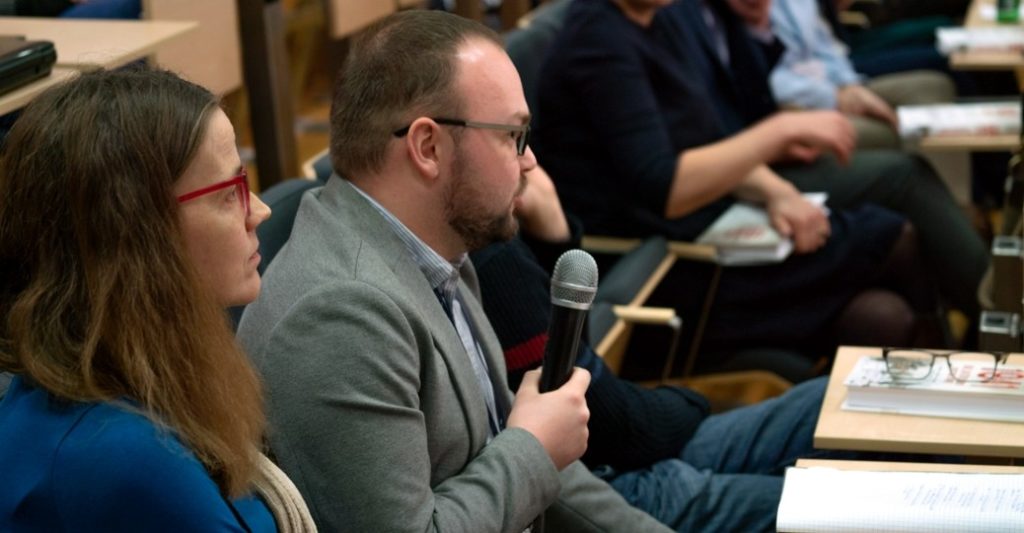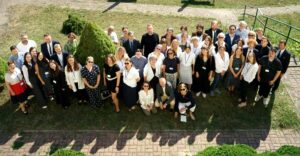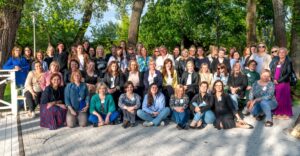“A historian should react. They should give a broader perspective and counteract seeing the world black and white, which makes a substantive discussion impossible,” American journalist and writer Andrew Nagorski said at the School of Education on December 3, 2019.
The Chairman of PAFF Board of Directors visited the School of Education to tell about his recently published book “1941. The Year Germany Lost the War”. He emphasized that researching the new history in fact consists in analyzing individuals who made the key impact on history. In the case of WWII these were Winston Churchill, Józef Stalin, Franklin Delano Roosevelt, or Adolf Hitler. Especially in the life of the last one, there were many coincidences in his personal life that changed the course of history.
Andrew Nagorski on the work of a historian
An interesting aspect of a historian’s work is looking for anecdotes and memories of politicians’ lives that can cast light on decisions made by them. As an example, Andrew Nagorski told about Winston Churchill’s experience during his visit to the White House, Washington. He was parading in his parlor only wrapped in a towel. By misfortune, the towel fell exactly the moment when the U.S. President wheeled unexpectedly into the parlor. Caught naked, the British Prime Minister declared that – as is evident – he had no secrets from his ally.
Students of the School of Education asked many questions to their guest, including those related to challenges faced currently by history teachers. “Against opinions voiced by some people, we aren’t living in a totalitarian system. Nevertheless a historian should react. They should give the broader perspective and counteract seeing the world black and white that makes a substantive discussion impossible,” Andrew Nagorski said. He noted that despite many political tensions and arguments, a historian can’t make too shallow analogies because they trivialize history.
Andrew Nagorski is an author well-known to history lovers. He was born in Scotland, his parents were Polish. He worked as a foreign correspondent and head of the Newsweek International office. He is the Chairman of the Polish-American Freedom Foundation Board of Directors. His publications are mostly on WWII. In the most recent one, “1941. The Year Germany Lost the War”, the Author puts forward the thesis that the events of that year portended the post-war division of Europe and led to the outbreak of the Cold War.









